Substance Abuse and Mental Health
Substance abuse almost always impacts a person’s mental health and well-being.
Whether or not an individual is suffering from a dual-diagnosis, drug and alcohol addiction changes brain structure as well as functioning.

Substance use disorders and mental health complications afflict people from all aspects of life. Substance abuse and addiction don’t deter based on age, gender or financial status.
SAMHSA reports that in 2014, nearly 44 million Americans, ages 18 and over, experienced a form of mental illness.
Over 20 million were affected by a substance use disorder.
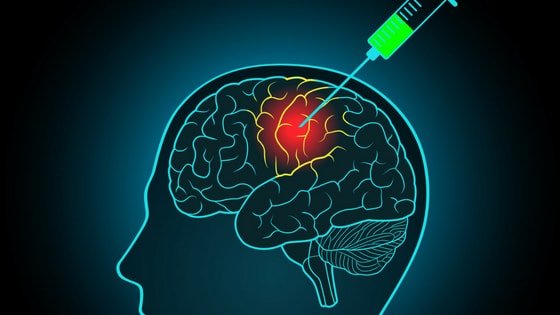
Drug and alcohol addiction can either be the cause of mental health complications or be the result of untreated mental illness.
Although, substance abuse and mental disorders are common there are various treatments available.
Cocaine and Alcohol Abuse
As a teenager, Jasmine spent a lot of time drinking alcohol and using cocaine with her friends.
Mixing cocaine and alcohol together minimizes the feelings of intoxication while intensifying the euphoria produced by cocaine.
People who combine cocaine with alcohol do so for a few different reasons; however, doing so can have many serious effects on a person’s health.
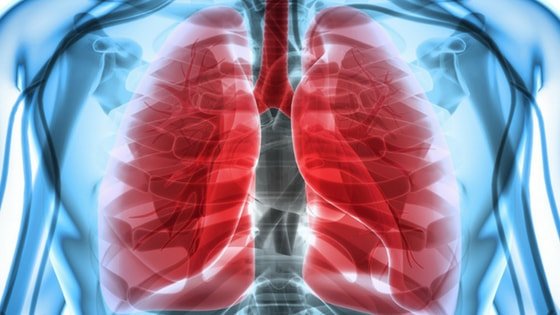
Additionally, the use of cocaine with alcohol together dangerously affects the liver and can be life-threatening.
Signs of cocaine use and alcohol abuse often include increased hostility towards others, high heart rate, and body temperature.
Additional symptoms are dilated pupils, nausea, abdominal and chest pains, heart palpitations, seizures, confusion, stroke and going into a coma.
There are a number of complications associated with this type of substance abuse and being aware of the symptoms may help save a life.
Prescription Drugs to Opioid Addiction
Recent publications released by the NIDA report that using prescription opioids puts people at higher risk for future heroin abuse.
Moreover, an estimated 80 percent of heroin addicts reported having used opioid prescription before beginning use of heroin.
Collected data states that most users turn to heroin for availability and cost-related reasons.
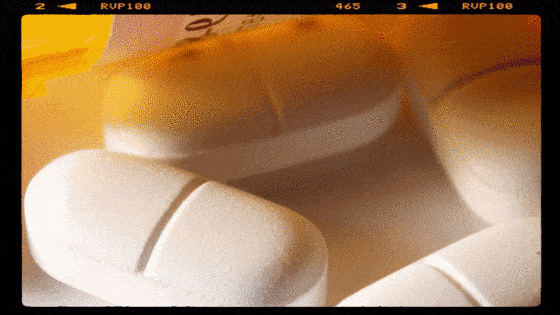
Like Jasmine, not all people initially seek prescription painkillers for non-medical use. Being involved in a hit and run at a young age, Jasmine was prescribed opioid pain-relievers.
It didn’t take long before she began abusing her prescription medication and developed an addiction to opioids.
In 2014, SAMHSA approximated that 1.9 million Americans had prescription painkiller-related Opioid Use Disorder.
Opioid medication is known to reduce a person’s perception of pain, as well as induce feelings of euphoria.
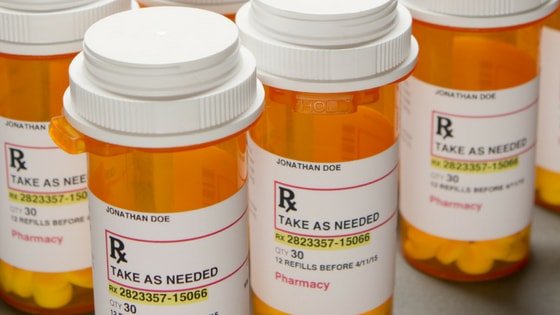
For Jasmine, the pills helped kill her pain, which allowed her to dance and support her addiction.
The feel-good experience produced by opioids is often the main contributing factor to prescription drug misuse and addiction.
Addicted to Drugs and Overdose
Understanding why some people are addicted to drugs while others are not can be a challenge.
The exact nature of why a person develops the disease of addiction is not known.
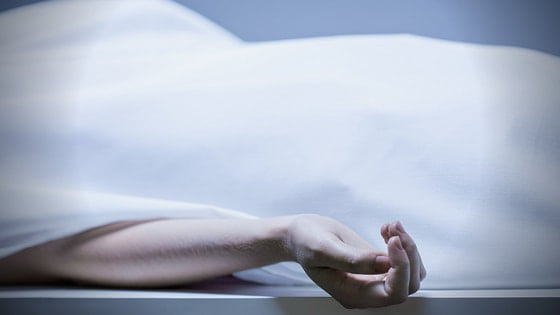
NIDA states that substance abuse alters the brain in a way that makes quitting drugs hard, even if one has a strong desire for recovery.
Drug addiction is accompanied by several high risks, including overdose and death. Ultimately, an overdose is a result of physical drug or alcohol poisoning.
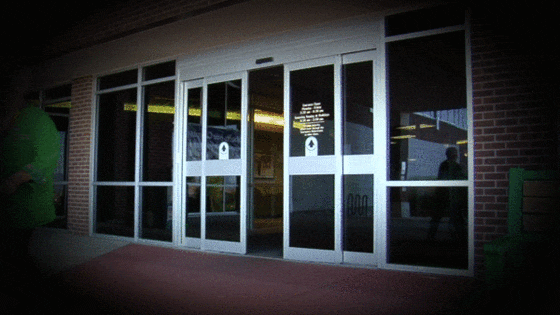
CDC reports indicate that drug-related overdoses killed over 63,600 U.S. citizens in 2016.
Today, many addicted people experience unintentional drug or substance-related overdose.
Addiction Recovery and Healthy Living
Obtaining recovery from addiction isn’t easy, making it less than ideal to start all over again.
Maintaining your new life in recovery and taking care of your mental, emotional, physical and spiritual self is important.

Taking care of yourself and your sobriety involves attending to fundamental needs.
Basic needs include things such as nutrition-based meals, establishing a regular sleep schedule, scheduling time for self-care and recovery specific based needs.
Another important element to staying sober and healthy is physical activity. For Jasmine, nutrition, exercise and living a healthy lifestyle is extremely important.
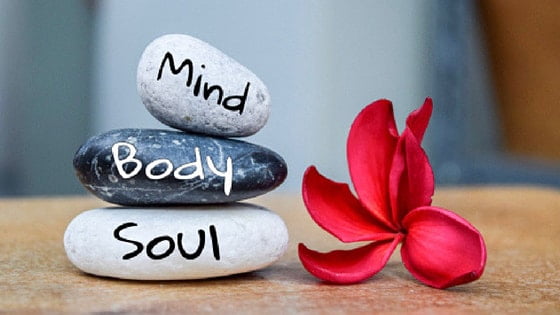
To emphasize her desire for healthy living, Jasmine shares that for her to stay in recovery it’s important that she feels the best that she can every day.
Exercise and being physically active is tied to countless benefits, including stress relief, mental clarity, and better sleep.
Addiction is a chronic disease that causes many people reaching for recovery to relapse. Maintaining your health and confidence and being sober is crucial to life-long recovery.
Help for substance abuse is available and we’re here to any guidance you might need. Feel free to reach out and contact us to get moving in the direction of recovery.
















So inspiring! This true life story is worth sharing.